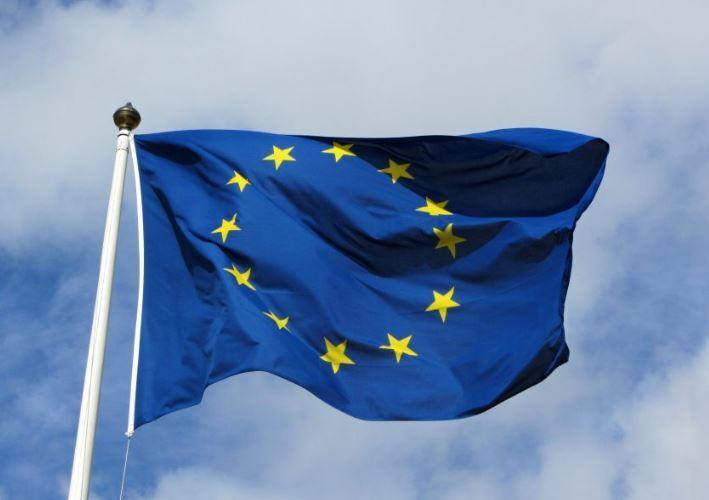The European Union has the tools to boost a sustainable recovery from the COVID-19 pandemic, say TEG experts

In a statement released today, the Technical Expert Group on Sustainable Finance (TEG) describes how existing EU tools (e.g. EU taxonomy, EU Green Bond Standard, Climate Transition Benchmarks) can inform a sustainable recovery from the COVID-19 crisis.
As the rate of new coronavirus cases and deaths slows across the European Union, and governments look for lockdown exit strategies, more and more voices are calling for a green recovery.
In a message recorded for the 50th anniversary of Earth Day, UN chief Antonio Guterres urged governments to use their economic responses to the coronavirus pandemic to also tackle the planet’s unfolding environmental crisis. In turn, the European Commission’s Green Deal chief Frans Timmersmans, has assured EU lawmakers that “every euro” spent on economic recovery measures after the COVID-19 crisis would be linked to the green and digital transitions.
The EU Technical Expert Group (TEG) on Sustainable Finance, set up to advise the European Commission on the Action Plan on Financing Sustainable Growth’s implementation, has released its recommendations to guide the EU plans for recovery from the COVID-19 pandemic. In their statement, the experts emphasise that governments “must be attentive to the details of what a resilient, sustainable and fair recovery looks like in practice—to ensure greater resilience to further environmental and social crises ahead.” EIT Climate-KIC was represented in the TEG working group by EIT Climate-KIC Board Member Sandrine Dixson Declève and EIT Climate-KIC Head of International Affairs Felicity Spors.
In the statement, the experts write, “While governments, public institutions and the private sector focus urgently on protecting health, incomes and businesses, we are reminded that building capacity and resilience in our social and economic systems is what provides the best protections in moments of crisis.” They recall that the European Union already has many tools at its disposal to inform a sustainable recovery from the crisis.
Spors said, “We need to increase resilience to global risks, and COVID-19 has shown us the terrible costs of being unprepared. Using the EU Sustainable Finance toolbox, which includes a Taxonomy to help investors identify what investments will results in avoidance of climate risks, will help governments invest in an economic regeneration that will make us stronger in the face of future climate impacts and other crises.”
In addition to the Sustainable Taxonomy, the EU Sustainable Finance toolbox also includes the Green Bond Standard, which presents a best practice model, the elements of which can be applied by all bond issuers to explain how their funding contributes to the wider sustainability strategy and resulting environmental and social impacts of the issuer. Moreover, the Paris-Aligned and Climate Transition Benchmarks support allocation of a large amount of private capital towards climate transition by aligning investors’ portfolio selection with climate change objectives, particularly the IPCC’s 1.5-degree trajectory. Finally, the Roadmap to Recovery, introduced by European Council President Charles Michel, states that “the Green transition and the Digital transformation will play a central and priority role in relaunching and modernising our economy” and calls for a coordinated exit strategy and a comprehensive recovery plan.
“Recovery plans should not support environmentally or socially harmful activities, which would worsen the current and future crises, locking in highly polluting infrastructure or promoting activities that do not contribute to social wellbeing for decades to come,” writes the TEG experts, who emphasise that the Green Deal is central to the recovery and that the European climate goals must be used to calibrate the EU response.
The world needs a simultaneous, multi-dimensional response to COVID-19, to address both the devastating immediate impacts on people, health systems and economy, and longer-term considerations. This includes the need to act now to ensure that economic recovery is aligned with climate and SDG (Sustainable Development Goals) commitments as we consider ways to protect, reboot and regenerate economies. EIT Climate-KIC’s COVID-19-related communications will respond to all these needs. Please visit our COVID-19 Response Hub for more information.
News published on Climate KIC
Consult the source



